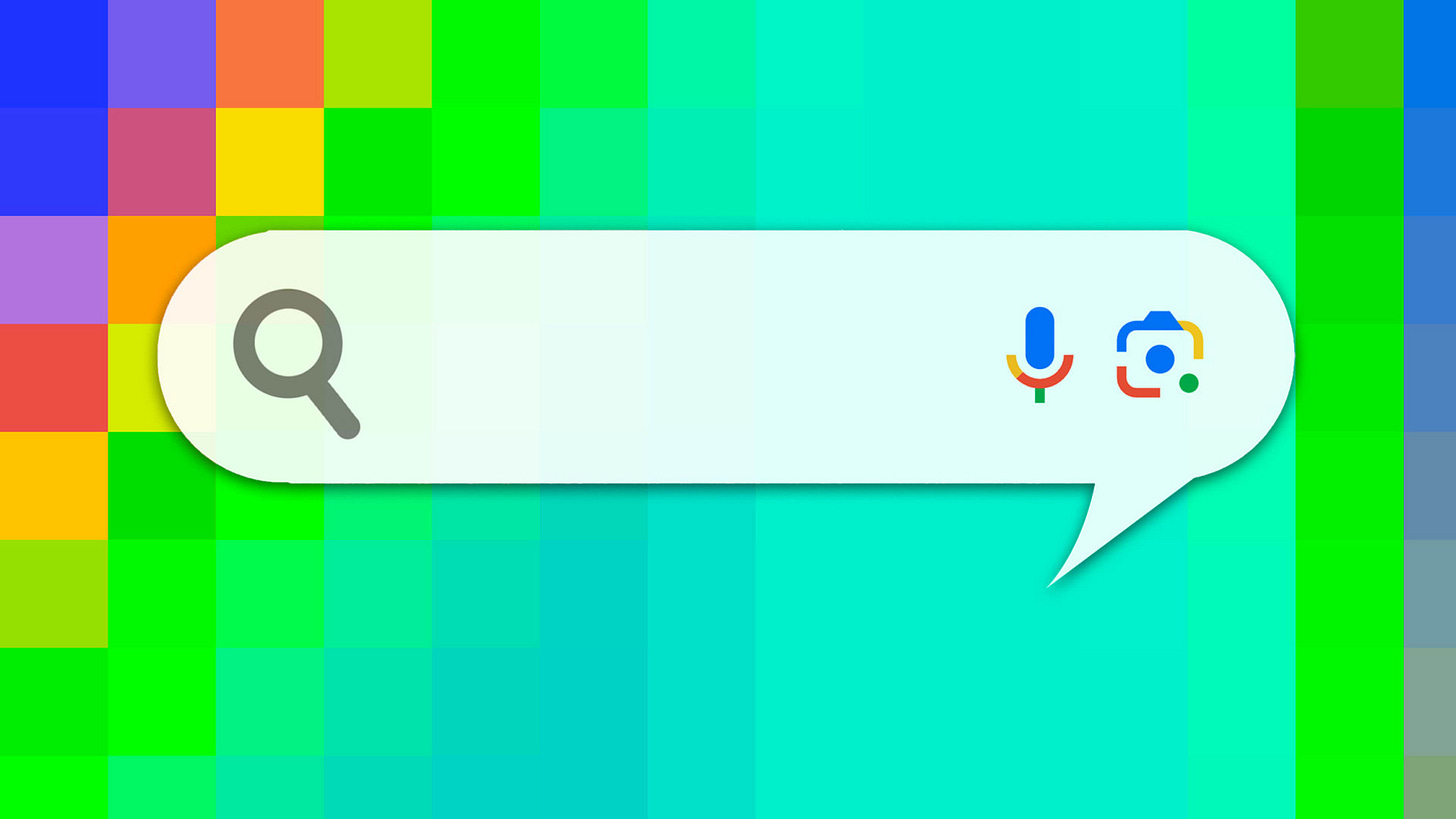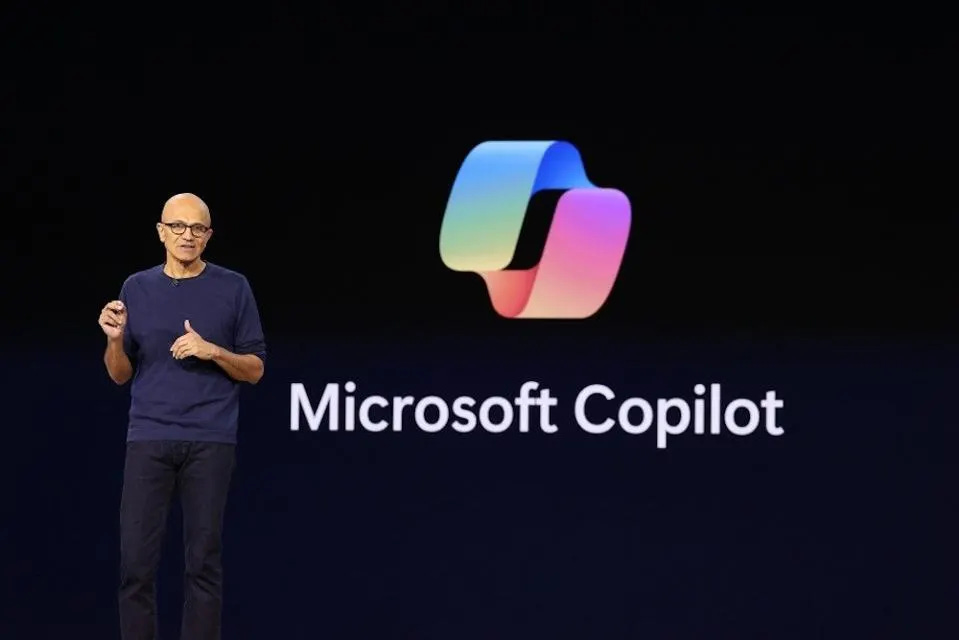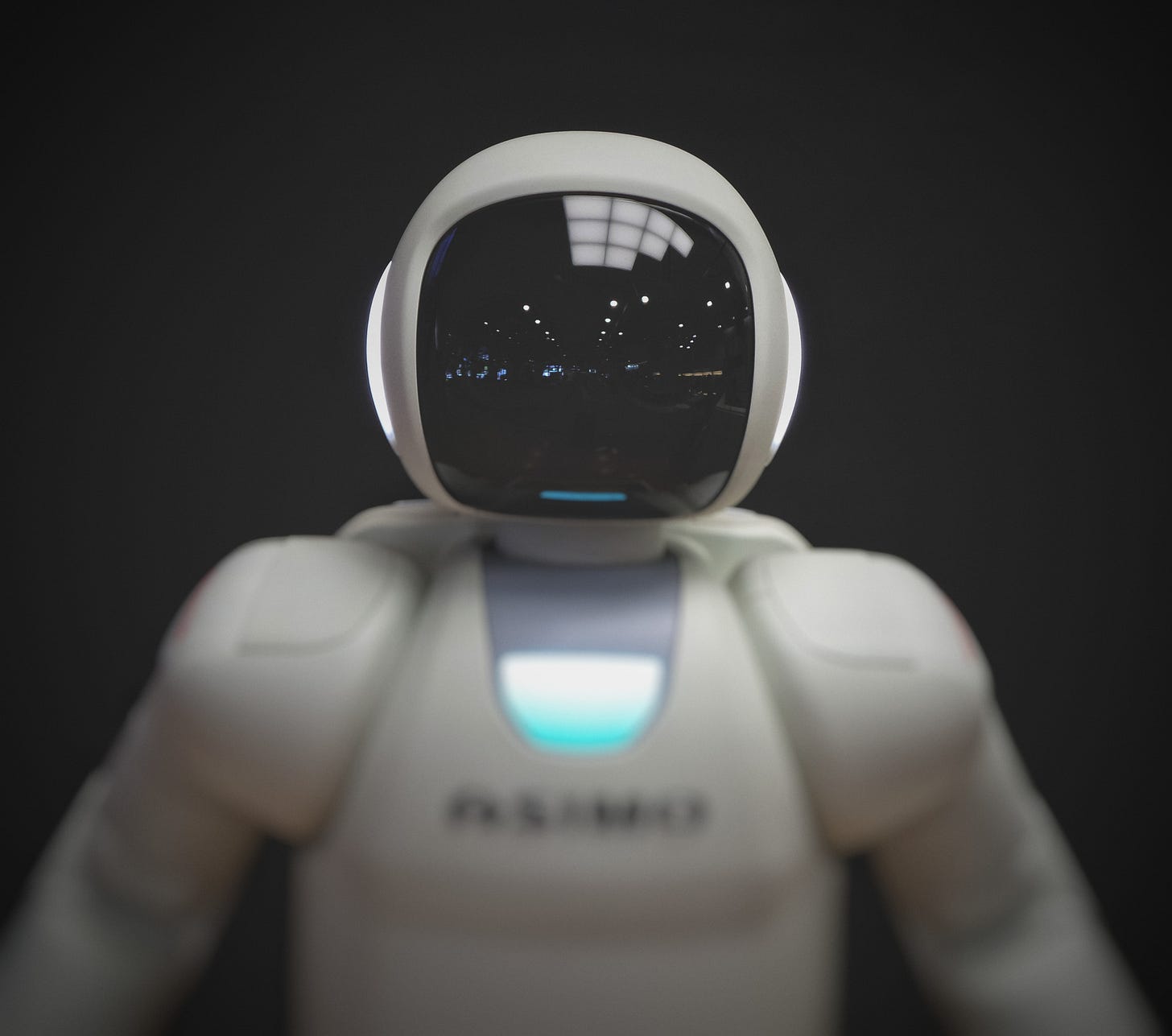Can Google still deliver the best search results in an AI era?
We release regular LinkedIn and Twitter content that breaks down emerging tech concepts and brand case studies. Here are some of the highlights from the last few weeks.
Welcome to the new subscribers who have joined us since the last newsletter! We release regular LinkedIn and Twitter posts that break down AI/Web3 concepts and brand case studies that are likely to drive mainstream adoption. Here are some of the recent highlights that you may have missed:
Can Google still deliver the best search results in a generative AI era? You might’ve noticed that in recent months, low-quality, AI content is commanding top-ranking positions on Google search.
AI has made it easier for spammers to manipulate Google's algorithm and search rankings, by creating large volumes of content loaded with keywords.
In the AI era, SEO has become more challenging and expensive because Google can’t reliably distinguish between content created by humans and AI. It’s become harder for high-quality businesses and websites to be found in search results.
To combat AI spam, Google is prioritising content from sources that are more likely to be human-generated (i.e. Reddit and Quora forums). You might’ve noticed Reddit discussions at the top of search queries. Google recently agreed to pay Reddit $60M to train its AI model on Reddit’s content.
Google is essentially shifting its responsibility for maintaining the quality of search results to moderators on Reddit and Quora.
So how is AI shaping the future of SEO?
In the past, websites were optimised for search engines, but now they’re being optimised for AI models, like ChatGPT, through a process called generative engine optimisation.
If you’re looking to optimise your content for AI search tools like ChatGPT, here’s how to do it:
The use of quotations, statistics, and writing in an authoritative tone makes content more likely to be cited in responses generated by AI models like ChatGPT.
How have generative AI models like ChatGPT impacted the way you search online? An interesting thought piece by Fast Company.
Link to post here.
Microsoft just released it’s Work Trend Index report looking at the current state of AI at work. Here are some insights I found interesting:
Employees want AI at work and they’re not waiting for companies to catch up.
75% of knowledge workers currently use AI at work, but 52% are reluctant to admit to using it for their most important tasks. Without leadership guidance, employees are discreetly using AI, with a majority (78%) bringing their own AI tools to work.
This means that many organisations are missing out on the advantages of strategic, large-scale AI use. Company data is also at risk in an environment where leaders’ no.1 concern for 2024 is cybersecurity and data privacy.
Leaders are seeking non-technical talent with AI skills, but are overlooking developing their own employees:
66% of leaders wouldn't hire someone not proficient in AI tools like ChatGPT.
Despite recognising the value of new hires with AI aptitude, leaders aren't developing their existing staff. 45% of U.S. executives aren't investing in AI tools for employees. Only 39% of people globally who use AI at work have received company-provided training.
Globally, skills are projected to change by 50% by 2030 (from 2016) with generative AI expected to accelerate this change to 68%.
The rise of the AI power user
Power users are those highly familiar with AI. These users are 68% more likely to frequently experiment with AI and 66% more likely to redesign their workflows using AI.
In their organisations, power users are empowered by:
a) Senior leaders who emphasise the importance of using generative AI.
b) A change-ready company culture that fosters innovation.
c) Tailored training on prompt writing, role-specific AI usage, and use cases like writing or data analysis.
How are you being empowered to use AI at work?
Link to post here.
A great talk for anyone interested in AI. Daniela Rus, Director of the MIT AI lab, talks about how AI will evolve as it converges with the field of robotics. Some great insights from her TED talk:
Today AI and Robotics are largely seperate fields. AI remains confined inside computers, while robots have a physical presence and can execute pre-programmed tasks but they’re not “intelligent”.
Moving AI from the digital world to the physical world, requires what she calls, ‘physical intelligence’ which refers to AI’s power to understand online information and make real-world machines smarter.
At MIT, her team has developed a new approach to AI called "liquid networks", which mimics the neural processes of simple organisms to create AI that can operate in the real world. Unlike AI today, liquid networks are able to adapt after training, based on inputs from the physical world.
Today’s AI has a ceiling, including requiring extensive server farms and not being sustainable. Through liquid networks, Daniella believes in the future, we can make anything we imagine. This will pave the way for breakthroughs such as AI robots that optimise your daily routines, bespoke machines that help you at work and robots you can interact with in your spare time.
Watch the talk here and let me know what you think!
Link to post here.
If you liked reading this, feel free to click the ❤️ button on this post so more people can discover it on Substack 🙏
If you haven’t already, subscribe now to make sure you don’t miss out on any future newsletters.
Also, feel free to hit reply and ask me any questions you have about web3 and marketing, and I can include it in the next issue!
For daily content, you can follow me at:
If you know anyone else who you think would enjoy this content, you can share the newsletter from here:






